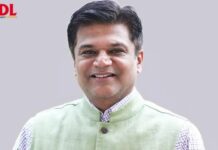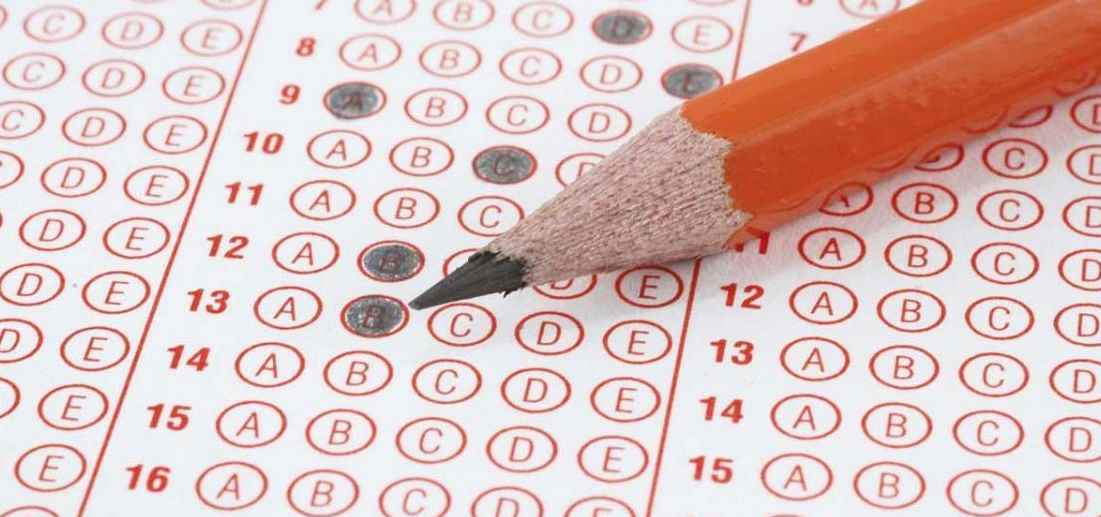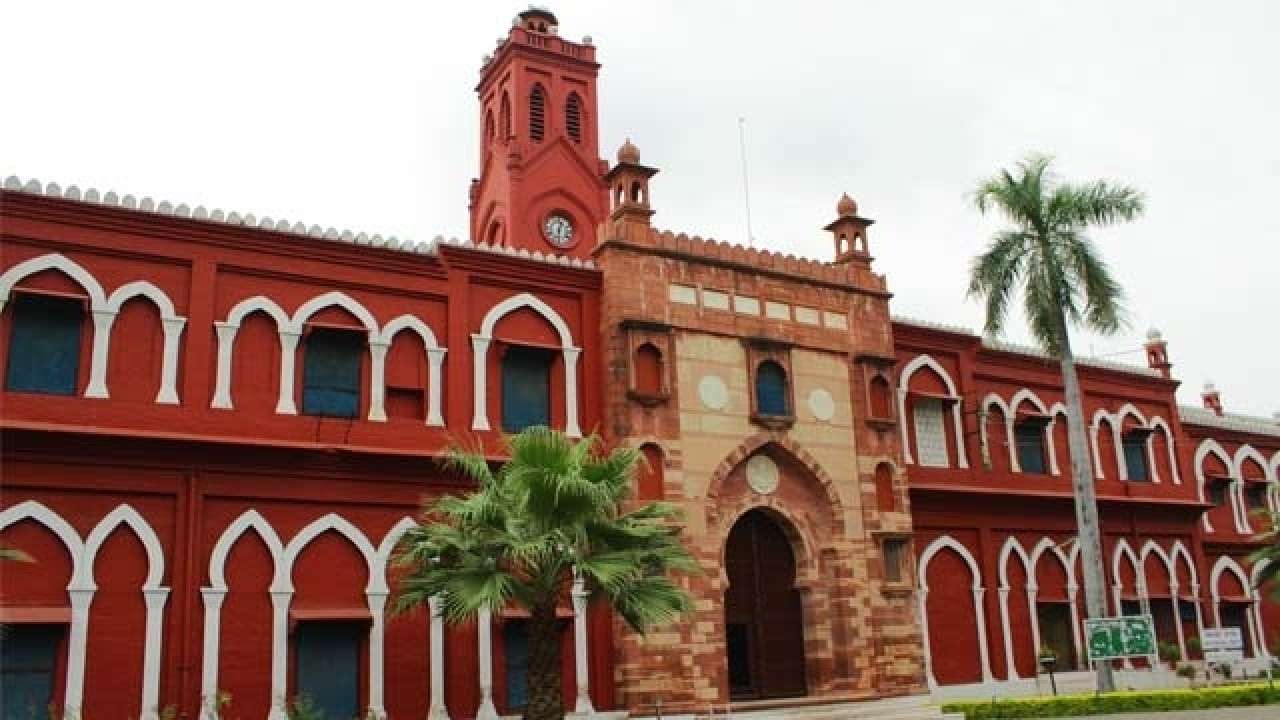Trade and industry sectors want their potential employees assessed in various ways. It is done to evaluate the candidates’ abilities matching the desired work profile. However, most often the grudge is skill deficit or skills mismatch. Elets News Network (ENN) presents a report based on an interaction with industry-academia experts on how government, industry and academia can play helpful role in skill development.
On the occasion of the launch of Skill India Mission in 2015, Prime Minister Narendra Modi said: “In the coming decades, the largest workforce required by the world will be provided by India.” The Government thus set a target to create 500 million skilled workforce by 2022, accordingly.
India is steadily working to become a pool of market-ready talent for the world at large and not just for domestic needs. With India having the world’s largest youth population (64 per cent of 1.3 billion in the working-age group); it is well-known that the education system will have to continue to take the lead role to provide the youngsters required skills and training, especially to higher education students.
Include Skills, Training in the Curriculum
According to the government statistics, India’s youth literacy rate (15-24 years) and adult literacy rate (15 years and above) in 2011 were 86.1 per cent and 69.3 per cent, respectively. It has set a target to increase the Gross Enrolment Ratio (GER) in higher education to 25.2 per cent in 2017-18 and further to 30 per cent in 2020-21.
The Government’s Draft National Education Policy 2016 also envisages to include skills and training in the curriculum to expand opportunities for students to acquire relevant skills, including skills needed for work and entrepreneurship, to name a few.
“There is a need to renew curricula at all levels of education with special emphasis on the emerging learning areas,” states the Draft Policy.
According to Associated Chambers of Commerce and Industry of India (ASSOCHAM) report published last year, only 20 per cent of the five million students who graduate every year get employed.
“India’s demographic dividend will be a huge deficit if we continue to have only 20 per cent of our graduates employable. The evident gap in the industry requirements and curriculum has emerged as one of the most common reasons highlighted for this figure,” said Chief Executive Officer of MeritTrac Gopal Devanahalli.
“There is an opinion among stakeholders that most of teaching–learning experience is academic and not related to the real-job environment. Communication skills of graduates are often lacking particularly in comparison to the demands of today’s global marketplace,” he added.
The All India Survey on Higher Education (AISHE) 2016-17 report highlighted that 28,348,197 students got enrolled at graduate-level.
“In India, new legal frameworks to entrust institutions with higher levels of autonomy, including the strategically important capacity to manage their budgets and their staff members’ career is the need of the hour,” said Professor Prakash Kondekar of Saurashtra University.
On similar lines, Rohit Manglik, Chief Executive Officer of EduGorilla emphasised on imparting practical knowledge.
“Academic institutions should devise a dynamic curriculum which gives more emphasis on practical knowledge in tune with the needs of the industry rather than encouraging rote learning,” said Rohit Manglik, adding, the academic-industry collaboration for curriculum structuring, guest lectures and internships will lead to better career prospects for students.
Government, Corporate & Academia, Boost the Talent Pool
With the tremendous impact of technology on the labour market marked by continuous change, the work environment has also become more complex, requiring new skills.
Christopher Higgins, Business Head of IdeateLabs, said: “In a fast-changing areas like digital marketing where schools and universities cannot keep up with the pace of change, many agencies have also launched part-time training courses that lead to internships.”
“I believe that industry can step in and ensure that students get access to development opportunities, especially in industries that have a shortage of skilled talent,” he added.
Youths after graduating often opt to secure a decent job; some choose to pursue higher education or put efforts on research and development; some opt for the profession of teaching; some follow their family occupation; some choose a different career path; some follow their passion or interest: photography, music, film, art, and so on.
It would be no exaggeration to say that graduates who look out for a regular- income-work profile in their field-of- study are the ones who often struggle to get one.
Many corporate bodies and organisations along with government bodies have been collaborating to contribute on enhancing students’ employment opportunities by way of internships, campus placements and providing work experience to students.
Manipal ProLearn CEO AP Ramabhadran, said: “Industries will need to support and encourage the endeavour while heavily investing in various training and upskilling programs.”
“Finally the government will have to provide the framework to support learners and companies through this period of transformation for creating a win-win situation for everyone,” he added.
Elaborating on it, MeritTrac CEO said: “It would be better if they can articulate the requisites of roles and graduate employability skills for students to work upon much prior to their placements by using authentic and reliable assessments which are more aligned with corporate practises to ascertain best fit for the respective roles that they are hiring for.”
“Government plays a vital role by contributing to employability and skill development schemes that help create more vacancies,” he said, adding that funding higher education for a better quality of education that encapsulates syllabus-based learning could go a long way to mould budding talent in a very large way.
Meaningful Collaborations among Government, Industry and Academia
 The potential of human capital in India is never questioned, but the employability quotient of fresh talent is still in a questionable state, says AP Ramabhadran, Chief Executive Officer, Manipal ProLearn.
The potential of human capital in India is never questioned, but the employability quotient of fresh talent is still in a questionable state, says AP Ramabhadran, Chief Executive Officer, Manipal ProLearn.
“The way forward is for the government, industry and academia to engage in a meaningful collaborations aimed at imbibing a culture of self-learning and honour code among students,” he said.
Professor Prakash Kondekar of Saurashtra University, feels: “The main goal of educational institutes or universities is to provide the educational component necessary for the construction of knowledge within a broad humanistic vision and in the context of a massified higher education system.”
“It should have a lifelong access to learning through innovations that supports the professional and personal objectives of a diversity of learners,” the Professor added.
Prakash Kondekar further emphasised on keeping a loose decision-making and cooperation framework on track, and deepen the dialogue with the stakeholders along with developing a shared language, shared understanding of the underlying objectives rather than the technicalities of the tools.
“This can be achieved if the tools are seen as being interconnected through student-centred learning and with the view of catering to a diverse student population, within specific institutional and national contexts,” he added.
Create Future Leaders
In the midst of a rapid and progressive transformation in education across the dimensions—purpose, content, pedagogy and methodologies have paved the way for many sundry challenges.
Today, higher education is posed by various contingencies demanding diverse skill, architecture, innovation and creativity, public-private partnership, to name a few.
MIT World Peace University Faculty of Management Dean (PG Programmes), Sayal Ganakar, feels that the four dimensions: individual agency associated with self-determination and the creative impulses of individuals; proficiencies and opinions of diverse set of people; intrinsic motivation merits over external rewards; and individualism deeply intertwined with autonomy at colleges and universities— are inherent to promote and nurture an innovative climate.
“While we see such a churn, it is our profound ambition to create future leaders who both can comprehend and contribute to their organisations in becoming nimble and corporate leaders,” she said.
Global philanthropist and Founder of The Giving Back Foundation, Meera Gandhi, stressed on entrusting youths to run companies.
She writes: “Youths must be entrusted with running companies, not just the young people born into industrial families. Talent must be nurtured now.”
“Government must give tax incentives to companies that hire young people at a certain pay scale and in responsible positions. Academia must have corporate fair days where companies are invited on campus and can pitch jobs to students as is done at Harvard and all universities in the USA,” said Gandhi.






























